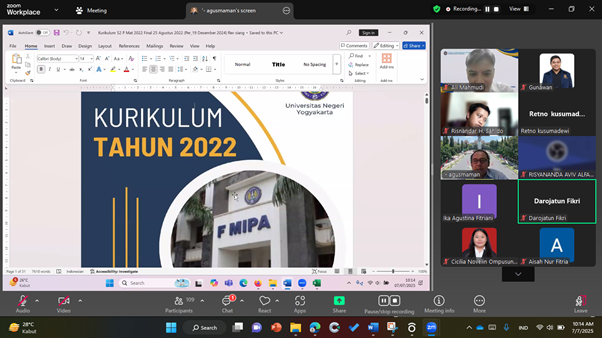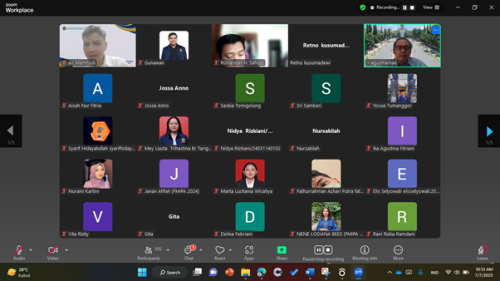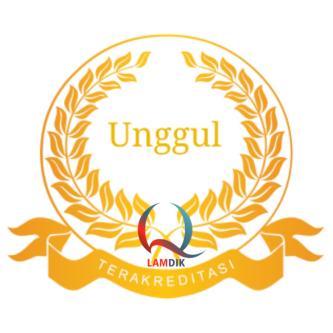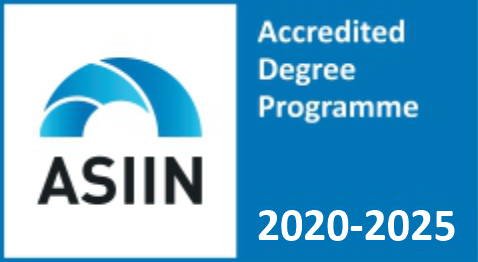You are here
Socialization of the 2025 Curriculum Update for the Master's Program in Mathematics Education
Primary tabs

The Master's Program in Mathematics Education at the Faculty of Mathematics and Natural Sciences, Yogyakarta State University, is conducting a Curriculum 2025 Information Session as part of the new curriculum that will be implemented starting in the 2025/2026 academic year. The event was held online on Monday, July 7, 2025, via Zoom Meeting and was attended by 147 students from the 2021 to 2024 cohorts. The socialization aimed to provide students with information regarding changes to the curriculum structure for the upcoming semester. This event marked an important initial step in ensuring a smooth transition of the curriculum.
The event was opened by Dr. Ali Mahmudi, M.Pd., Deputy Dean for Academic Affairs, Student Affairs, and Alumni at FMIPA UNY. The socialization was then led by Prof. Dr. Agus Maman Abadi, M.Si., Coordinator of the Master's Program in Mathematics Education. Prof. Dr. Agus Maman Abadi, M.Si., explained the background of the curriculum changes, which were adapted to meet the needs of the times and the competencies required of graduates. Additionally, he urged all students to complete their studies promptly and graduate on time.
In his explanation, he mentioned that there are several changes in the curriculum structure, particularly regarding courses and credit hours. Some courses from the 2022 Curriculum will no longer be offered and will be replaced through a course equivalence mechanism. This mechanism allows students who have completed the previous curriculum to adjust their course load without losing learning outcomes. One key point in the 2025 Curriculum is the change in the Master's Thesis, whose credit weight has increased from 6 SKS to 10 SKS. Additionally, the total study load for master's students is set within the range of 54-72 SKS. 
In the 2025 Curriculum, Specialized Courses (MKK) consist of required courses, including the Master's Thesis, and a number of elective courses tailored to the program's requirements and concentration. Regarding prerequisite courses, only students with non-linear academic backgrounds are required to take these courses. This is aimed at standardizing foundational understanding in mathematics education so that students can follow lectures more effectively. With these changes, it is hoped that the curriculum will be more adaptive to advancements in science and professional needs in the field of mathematics education. (Gunawan/HnR)
Lembaga
Copyright © 2026,







